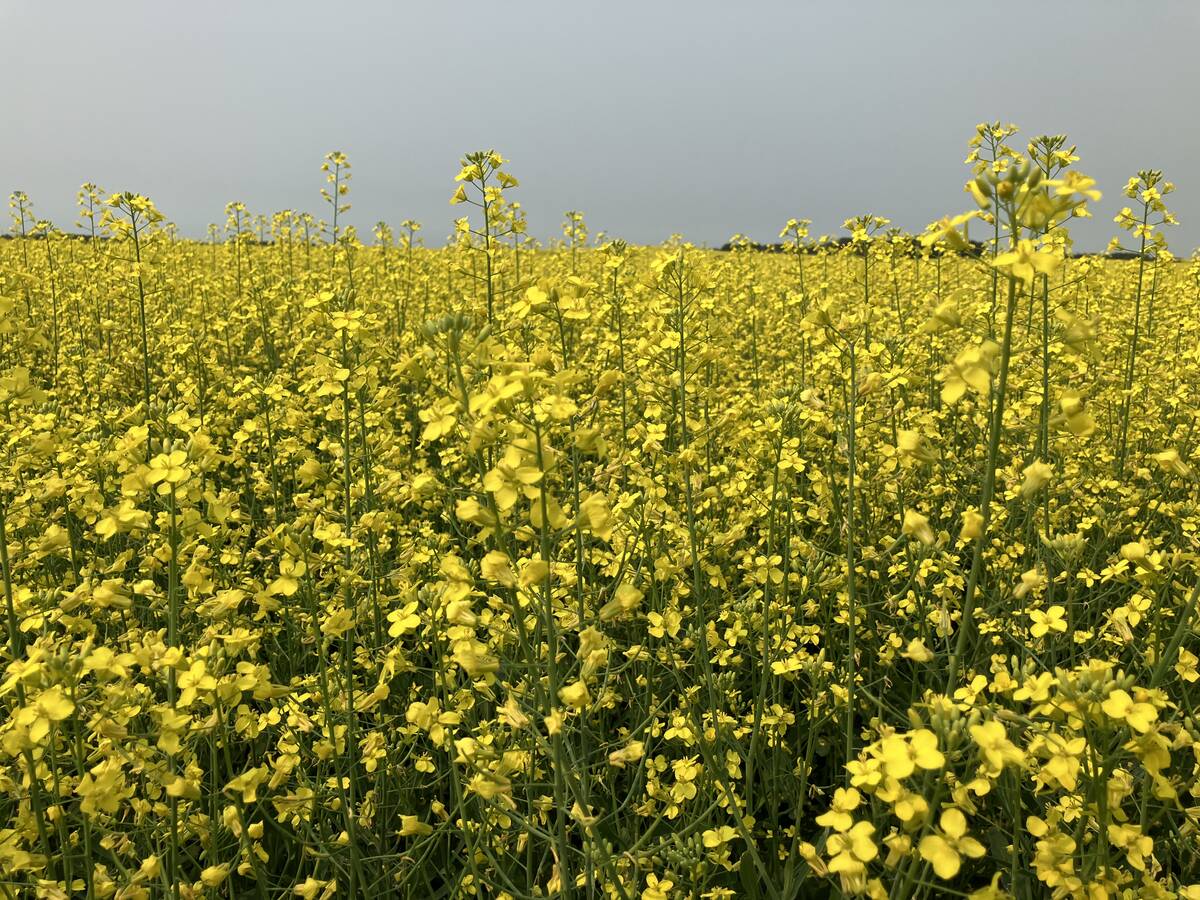This autumn many Manitoba farmers will be celebrating a truly felt thanksgiving for the best crop they have ever harvested.
But in pockets of the province, problems have been piling up like storm clouds, adding layer after layer of worry to farm families burdened by thoughts of a grim winter.
“There’s a lot of stress out there, a lot more than normal,” said Weldon Newton, president of Keystone Agricultural Producers, as he drove a load of pigs to market.
“It’s one thing after another for people to deal with.”
Read Also

Canola used in only quarter of Canadian biofuel
Less than one-quarter of the biodiesel and renewable diesel used in Canada in 2024 was made from canola oil feedstock
Families with cattle have been anxiously awaiting the reopening of the U.S. border since a case of bovine spongiform encephalopathy was announced May 20. They are watching their calves grow without knowing if they will have any market to send them to.
That’s a worry for farmers across the Prairies. But this year in parts of southwestern and Interlake Manitoba, drought has crippled crops and livestock feed, leaving many wondering how to feed their animals over the winter and how to pay all the input bills that are now due.
Other parts of the rural fabric that clothe Manitoba seem to be fraying, with many rural doctors abandoning rural hospitals and a school bus drivers’ strike in some areas leaving farm families to make tough choices.
On Sept. 16, a demonstration was held at the Manitoba legislature to draw attention to the fact that some rural communities are losing their doctors. The protesters called on the government to offer more incentives to doctors to set up rural practices.
Two days before the demonstration, school bus drivers who take children to school in Carman, Miami, Roland, Graysville and Elm Creek went on strike, calling for a wage increase.
School went on as usual, leaving farm families to decide whether to keep their children home or drive them into town themselves, not always an easy thing to do if both parents are working.
As the days grow darker and the warmth of summer fades, Newton hopes farmers will do what they can to make sure this multitude of problems does not overwhelm people in their communities.
“This is the time we need to watch our neighbour,” said Newton.
“We need to be supportive and if someone is having difficulty, let’s make sure they get the assistance to make sure they get through this situation. It’s more important than ever to be a good neighbour and find out if someone is in distress.”

















